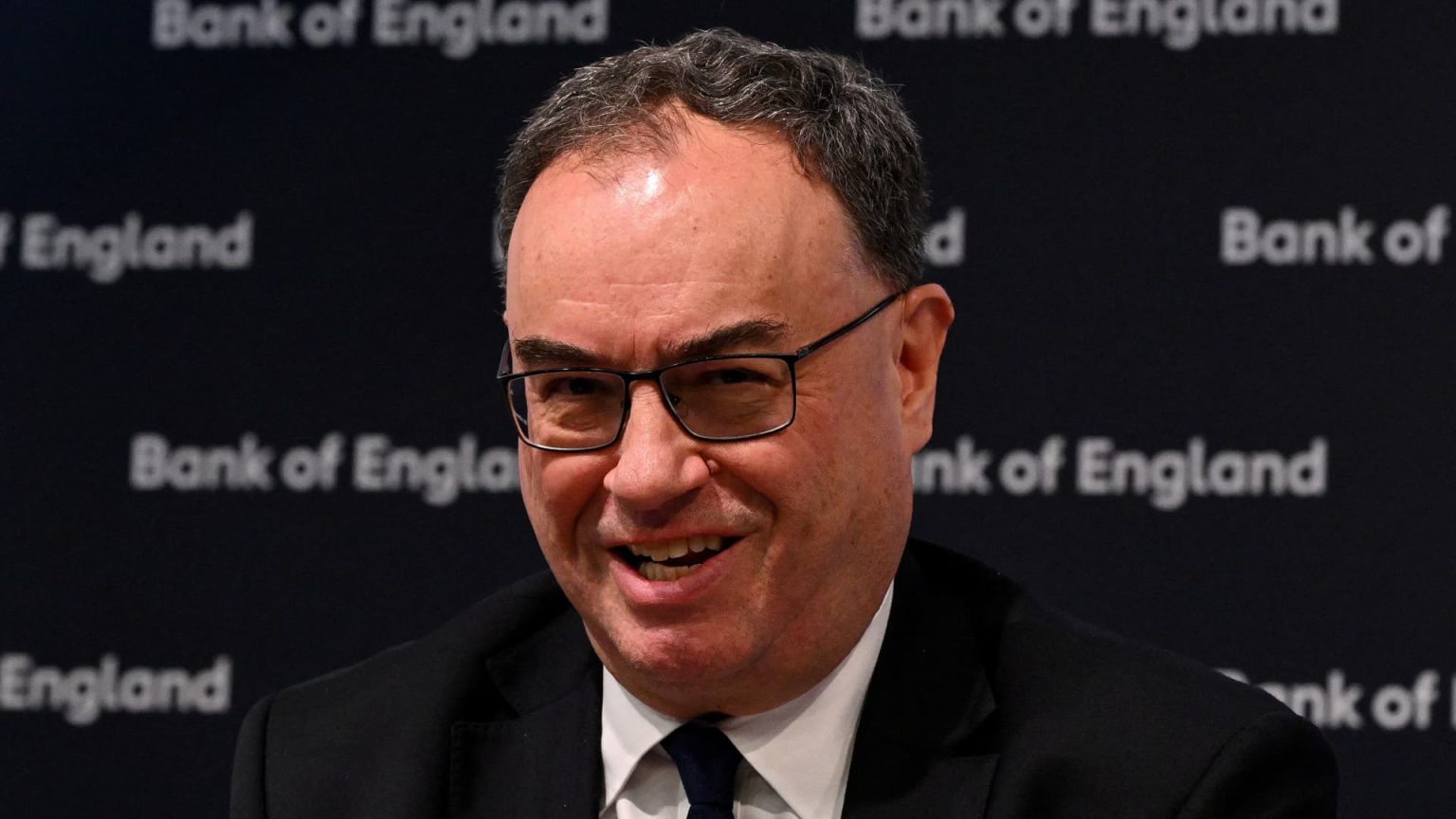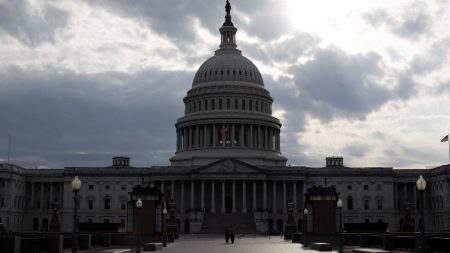Bank of England Governor Andrew Bailey confirmed that the institution is not influenced by political pressure and mentioned that a rate cut before an election is not out of the question. Central banks often face political rhetoric, especially during election cycles when the economy is struggling. In the past, lawmakers have called for looser policies to stimulate the economy and influence voters, while opposition politicians have protested such moves. The Bank of England, operating independently since 1998, is facing pressure with an upcoming election expected later this year.
Bailey emphasized that decisions regarding interest rates are based on evidence and assessment, rather than political considerations. The Bank of England held interest rates as expected on Thursday and indicated that a rate cut in June was not guaranteed, raising the possibility of the move being postponed until closer to the fall. The Monetary Policy Committee voted 7-2 to maintain current rates, with a few members in favor of a cut. The decision keeps the Bank Rate at 5.25%, with the committee’s focus on managing inflation through monetary policy.
Despite potential pressure and speculation surrounding a rate cut ahead of the upcoming election, Bailey reiterated the importance of the central bank’s independence and long-term perspective in decision-making. Central bank independence allows for making judgments independently of political cycles, ensuring stability and focus on economic objectives. Bailey’s remarks suggest that the Bank of England remains committed to fulfilling its mandate and making decisions in the best interest of the economy, regardless of external factors like election cycles.
The role of central banks in managing monetary policy and interest rates involves balancing various economic factors, including inflation, economic growth, and employment. The Bank of England’s decision to maintain interest rates reflects its assessment of the current economic situation and the need to manage inflation effectively. While political pressure may exist around major events like elections, the central bank’s mandate and independence guide decision-making processes to ensure stability and long-term economic sustainability.
Bailey’s comments highlight the importance of making monetary policy decisions based on data and analysis rather than political considerations. Despite potential calls for a rate cut before the upcoming election, the Bank of England maintains its independence and commitment to its mandate of ensuring price stability and supporting economic growth. The decision to hold interest rates steady reflects the central bank’s cautious approach to balancing economic factors and avoiding reactive measures influenced by short-term political cycles.
In conclusion, Governor Andrew Bailey’s remarks confirm the Bank of England’s commitment to independence and long-term economic stability. While facing potential pressure and speculation around a rate cut before an election, the central bank remains focused on its mandate of managing inflation and supporting economic growth. The decision to maintain interest rates reflects a measured approach to monetary policy and emphasizes the importance of independent decision-making in ensuring overall economic stability.















